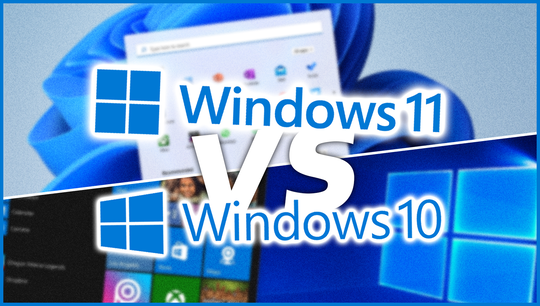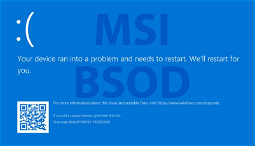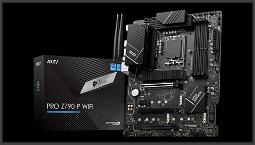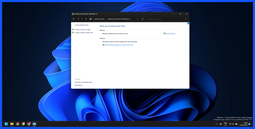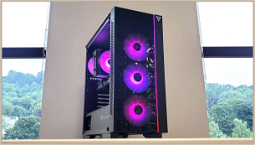Windows 11: Is it worth upgrading from Windows 10?
Microsoft's new operating system is finally here, and it promises a fresh experience for all users. But if you're currently running Windows 10, you may be wondering if it's worth the upgrade.
The Windows 11 release date is here, meaning Windows 10 will soon be a thing of the past. Microsoft has been hard at work developing the successor to one of the most popular operating systems of all time, but does it deliver? Can Windows 11 replace Windows 10 as the go-to desktop operating system for millions of users around the world? We've had a chance to play around with the new OS, and here's what we think.
Yes, it is. Windows 11 features a number of new features, updates, and enhancements that will make your experience more streamlined, intuitive, and immersive. We've explored the reasons why you should consider upgrading to Windows 11 in more detail further down this guide, but here's a breakdown of all the key features you can expect to find on the new OS.
Here are the system requirements for running Windows 11:
Windows 10 has been a popular operating system, and for good reason. It's reliable, easy to use, and brings a number of exciting new features to the table - such as a digital assistant and gaming enhancements. But, all good things must come to an end, and we think it's finally time to move on from Windows 10.
While the new Windows 11 may not be a complete overhaul of its predecessor, it does offer a fresh experience for users at all levels. This isn't to say Windows 10 is completely without merit, but there are certain aspects of the older OS that could use an update.
Windows 11 introduces a number of new productivity tools and gaming features, as well as a streamlined and modern interface. It also promises better performance and security, which is important no matter what device you're using.
So, if you're currently running Windows 10, it's time to consider Windows 11. Microsoft has packed the newest version of Windows with plenty of exciting new features, and you won't have to worry about compatibility if your device is up to scratch.
Are you running Windows 10? Check out our Windows 11 compatibility guide to see if your device is up to scratch.
For years, Windows 7 and Windows 8 users have been crying out for a worthy successor to their beloved operating system, and with Windows 11, it looks like their prayers have been answered. Microsoft has been listening to the feedback from millions of Windows users around the globe, and the new OS boasts a host of new features designed to enhance your user experience.
Though Windows 10 has its strengths, these are just the things that Windows 11 has to offer over its predecessor:
It's easy to get caught up in the excitement over Windows 11, but it's important to consider the benefits of upgrading to the new OS. Though Windows 10 has been reliable, it hasn't been without its fair share of bugs and glitches. If you're already familiar with the ins and outs of Windows 10, you may want to consider the benefits of Windows 11 in order to ensure you're getting the most out of your device.
Windows 11 is better than Windows 10 in the following ways:
If you're a Windows 10 user, you may want to consider the benefits of Windows 11 because it's finally time to move on from the older operating system. Microsoft has been listening to feedback from millions of Windows users around the globe, and the new OS boasts a host of new features designed to enhance your user experience.
